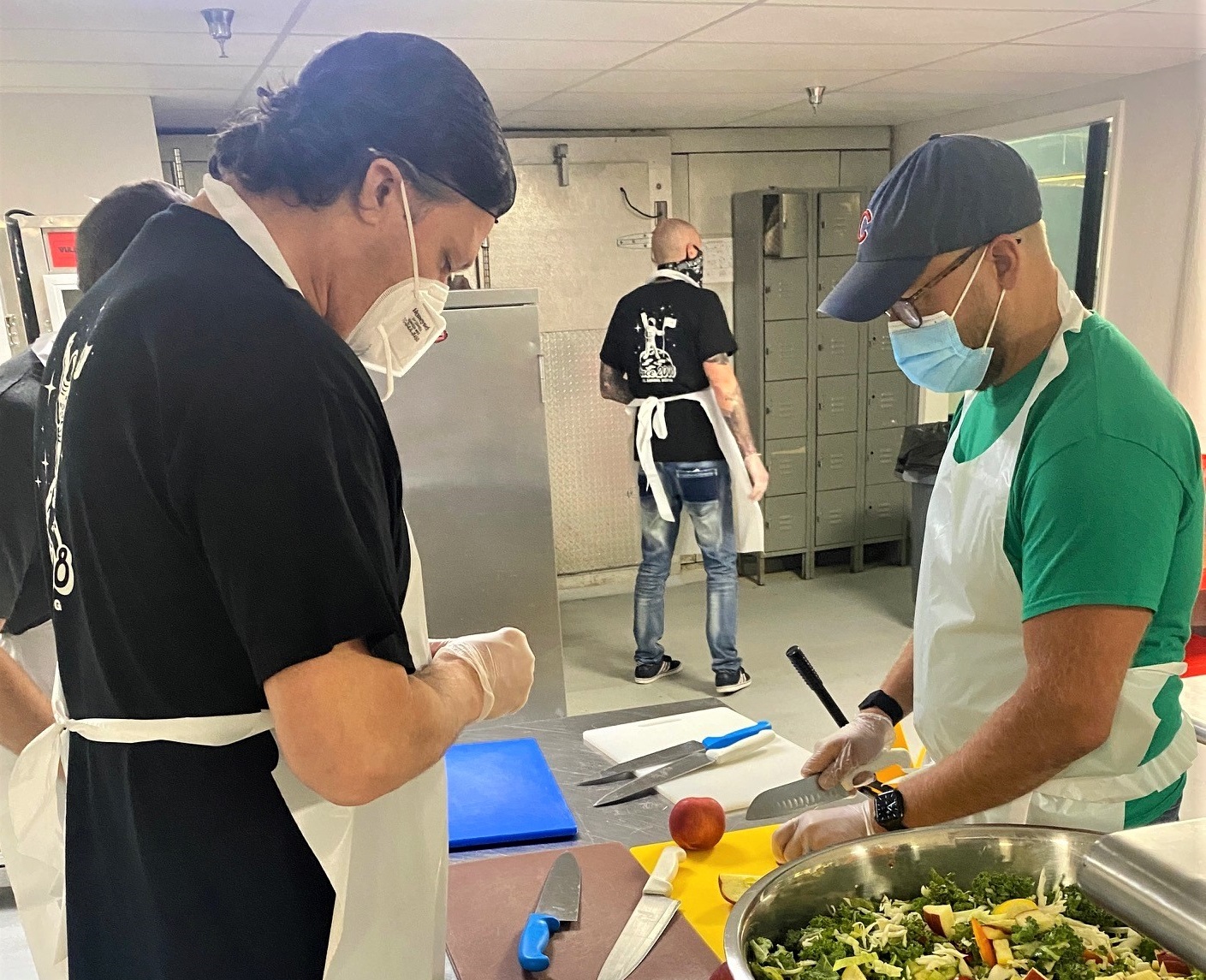Burnout Affects Both Clinicians and Clients - Here is How Western Healthcare Can Help
STRESS. It affects all of us. Whether it is from our job, our family or just life in general, stress is always present, and over the past two years, the pandemic has certainly compounded whatever level of stress we were already facing. As most of us continue with our daily lives, many medical professionals have sadly reached occupational burnout. This is when someone reaches a maximum stress level that often leads to exhaustion, anger, detachment of responsibilities, and a decrease in personal gratification from their work.
The chaos caused by COVID-19 pushed all healthcare providers to the limit, but the group impacted the most were the frontline heroes in the emergency room: ER physicians, nurses, and advanced practitioners.
When the virus spread quickly across the United States in late 2019 and early 2020, emergency rooms were bombarded with patients suffering from COVID-19’s relentless wrath. As ER providers fought tirelessly to save and treat each patient suffering from COVID-19, they were also expected to care for additional patients coming in due to car wrecks, heart attacks, gunshot wounds, and the many other ER causes. That is when the burnout we’re seeing today truly took its toll, and it is still affecting doctors today.
A Medscape survey conducted in 2021 by more than 13,000 physicians in 29 specialties revealed the most affected profession was Emergency Medicine, followed closely by Critical Care. The overwhelming response to the survey echoed one clear message:
“We [physicians] are burned out and we desperately need help.”
To make matters worse, a large majority of America’s emergency rooms are already understaffed, placing an even greater burden on the entire hospital staff, forcing them to take on responsibilities that go far beyond their daily duties. Many clinicians are working seven days per week with very little downtime, adding to the mental and physical exhaustion.
So, what can providers do to improve their lives and their work environment? After thousands of complaints by ER physicians to the Office of Surgeon General (OSG), the U.S. Surgeon General Dr. Vivek Murthy has heard the calls for help, and has made strong recommendations for change. Dr. Murthy recognizes this as a major mental healthcare crisis, and has pushed for resources to combat feelings of burnout for all healthcare workers.
The Surgeon General advisory outlines six major factors leading to burnout and a pathway to mending the challenges that impact the healthcare workforce. The guidelines explicitly focus on the following areas:
· Protecting the health, safety, and well-being of all healthcare workers.
· Eliminating punitive policies for seeking mental health and substance use care.
· Reducing administrative and other workplace burdens to help healthcare workers make time for what matters.
· Transforming organizational cultures to prioritize healthcare worker well-being and show all healthcare workers that they are valued.
· Recognizing social connection and community as a core value of the healthcare system.
· Investing in public health and our public health workforce.
To some, these guidelines may sound like a welcomed change. However, one should not get excited too quickly. Yes, these guidelines can be crucial in helping healthcare workers overcome burnout – specifically those in the emergency department – but before anything can be fully implemented, the federal government must step in and approve policies presented by the OSG. Unfortunately for healthcare workers, the OSG has no regulatory authority, and therefore needs Congress on both federal and state levels to pass regulations to improve the wellbeing of clinicians suffering from burnout.
Despite the enormous amount of red tape standing in the way of making progress for healthcare providers, there is a glimmer of hope. Multiple medical groups have spoken out about the immediate need for change. The National Academy of Medicine (NAM) released a draft outlining a national plan, which is getting a lot of attention. However, burnout continues.
With all of this said, how can Western Healthcare help you navigate your way through this widespread issue? If you are a healthcare facility with an understaffed emergency department, we can supply high quality Emergency Medicine clinicians. Learn more about the staffing services we offer. If you are an Emergency Medicine clinician feeling burned out at your current position, and considering looking for a new opportunity, we have hundreds of jobs nationwide for you to choose from. Find your ideal job on our job search page.
We have nearly three decades of experience in the healthcare staffing industry, and have helped countless healthcare providers and facilities cope with burnout and being understaffed. You don’t have to fight burnout alone. Allow Western Healthcare the opportunity to become an extension of your facility or enhance your healthcare career. Email us at [email protected].





